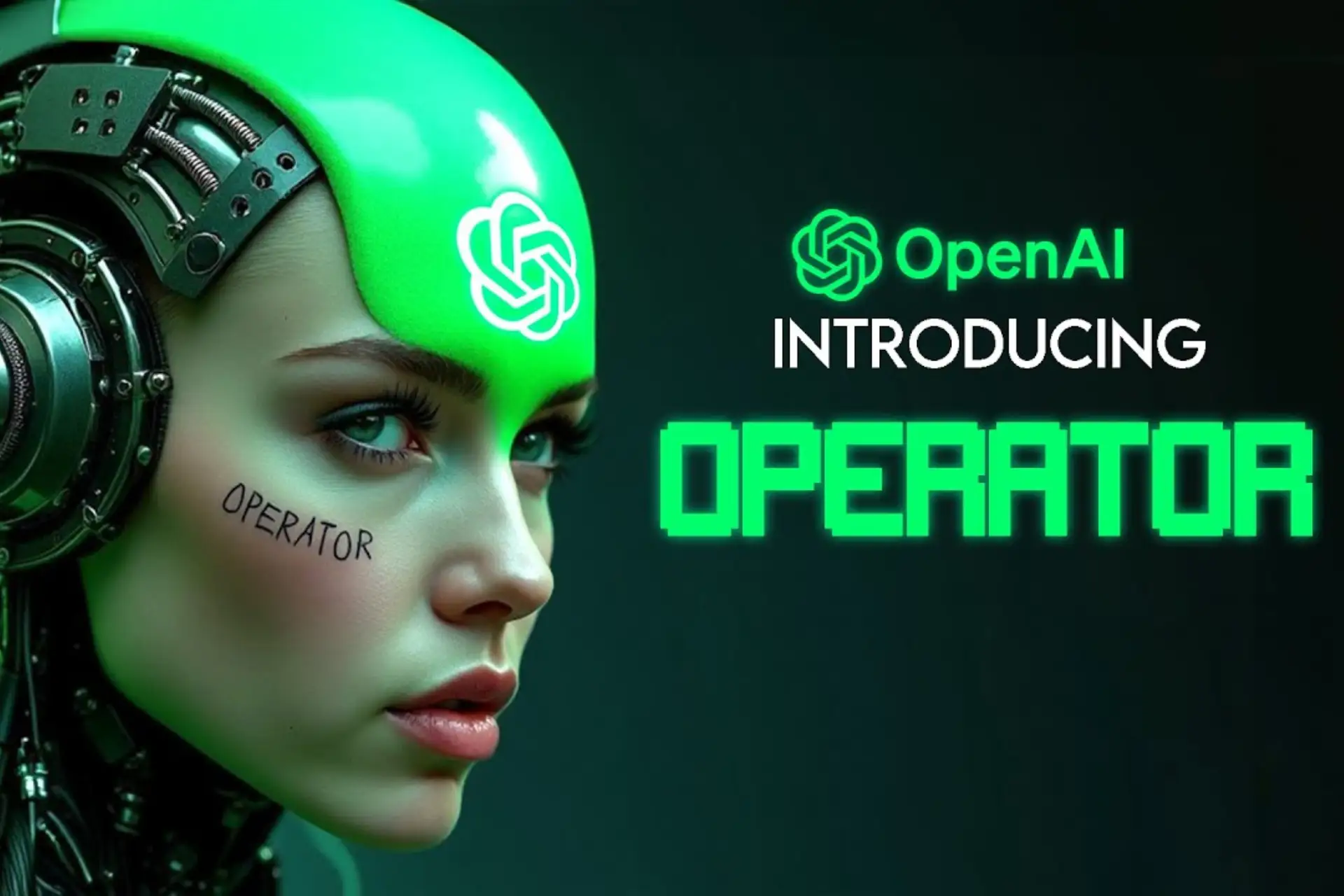What Are AI Agents?
AI agents refer to autonomous systems designed to carry out specific tasks with minimal human intervention. These intelligent agents can range from simple task-oriented tools to complex systems capable of interacting with their environment, learning from experiences, and adapting their behavior accordingly. Typically, AI agents use algorithms and data processing to perform actions, make decisions, and solve problems in dynamic and unpredictable environments. They are the backbone of modern technology, powering applications like virtual assistants, self-driving cars, and automated customer service platforms.
Components of AI Agents
The core components of AI agents include perception, reasoning, and action. Perception allows an AI agent to gather information from its environment through sensors or data input. This is followed by reasoning, where the agent processes the gathered information, often using machine learning algorithms, to make decisions or predict outcomes. Finally, action involves executing the decisions made during the reasoning process, often through automated systems or interaction with users. These components work in harmony to enable the agent to function autonomously and efficiently.
Types of AI Agents
AI agents come in various forms depending on their purpose and complexity. Reactive agents are simple and respond to environmental stimuli without any long-term memory or learning capabilities. On the other hand, deliberative agents are more advanced, as they plan and reason about their actions based on a deeper understanding of the environment. Hybrid agents combine the strengths of both reactive and deliberative systems, allowing them to handle a wider range of tasks. Furthermore, multi-agent systems involve multiple AI agents working together, either cooperatively or competitively, to solve complex problems or achieve common goals.
How AI Agents Learn
Learning is a critical aspect of advanced AI agents. Machine learning algorithms, especially reinforcement learning, play a pivotal role in how agents adapt to new situations. Through reinforcement learning, an AI agent receives feedback from its environment in the form of rewards or penalties for certain actions. Over time, the agent adjusts its behavior to maximize positive outcomes, effectively “learning” from past experiences. This ability to improve autonomously makes AI agents more effective in performing tasks that involve complex decision-making or unpredictability.
Applications of AI Agents
AI agents have a vast range of applications across multiple industries. In customer service, AI agents can handle inquiries, troubleshoot issues, and provide personalized assistance 24/7. In the healthcare sector, they can assist doctors by analyzing patient data and suggesting treatment plans. AI agents are also integral to smart homes, where they control appliances and security systems based on user preferences and habits. Moreover, industries like finance, logistics, and manufacturing rely on AI agents for automating processes, optimizing operations, and enhancing decision-making, illustrating their growing impact on modern life.ai agents explained




